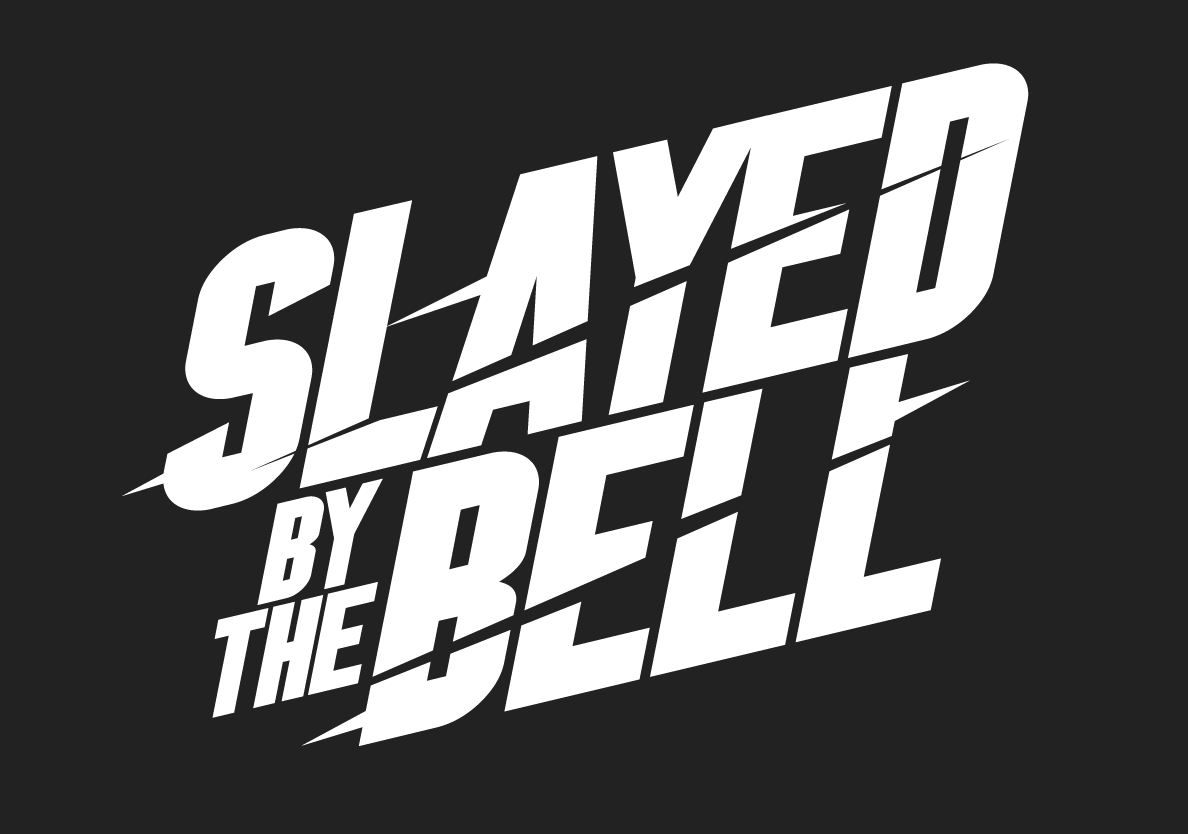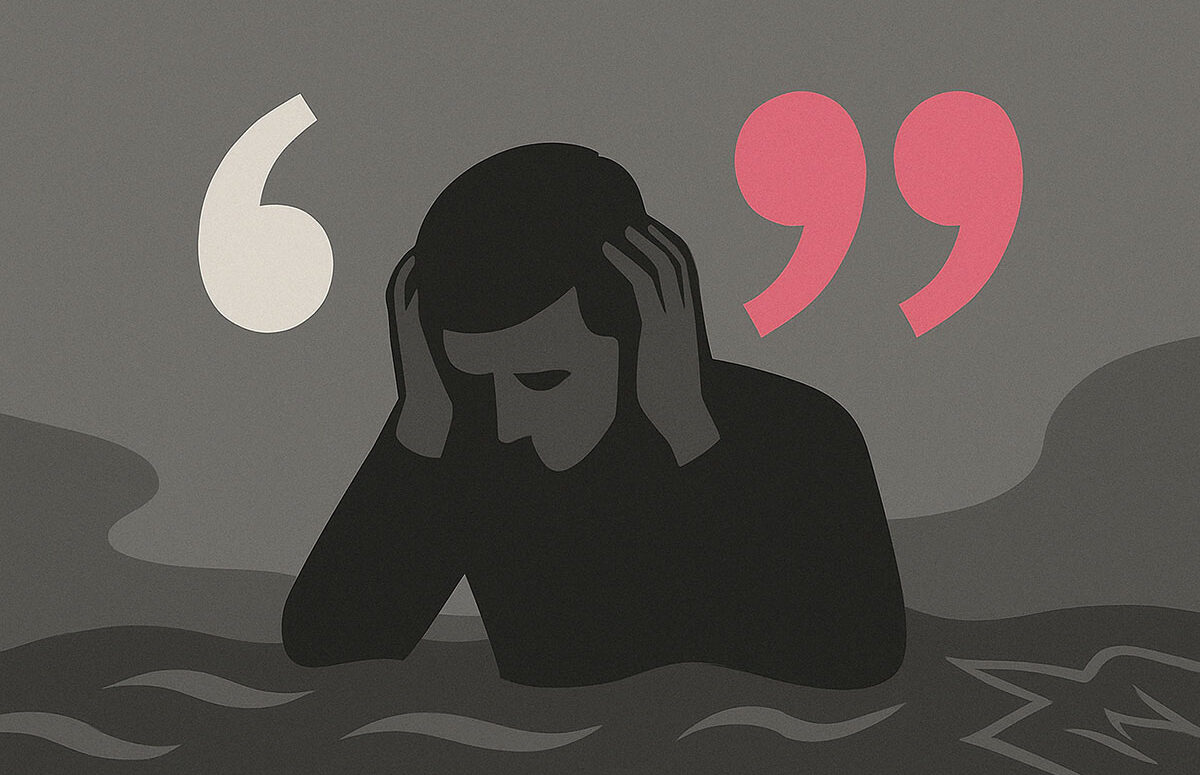Picture the scene: a dimly lit meeting room, the low hum of a projector, no air con, shit coffee from a polystyrene cup and the unmistakable stench of boredom lingering in the air. As the PowerPoint/Google slides blink into life, so do the cliché quotes that adorn each one, like shit on the underside of a public toilet seat. The scene is all too familiar in the world of education, where leadership seem to have a fondness for drowning their presentations in a sea of quotes. But are these verbal gems contributing to intellectual enlightenment, or are they merely veils of pseudo-intelligence? Spoiler alert…it’s the latter!
In this post, we embark on a BBC-esque journey to unravel “The Saga” of excessive quotes in educational presentations, exploring their origins, consequences, and potential solutions. And, of course, I’ll sprinkle in a dash of sarcasm because why the fuck not and, as the website subtitle says, I’m pissed off so…!
Problem
In the world of academia, an insidious problem prowls beneath the surface – the overuse of quotes in educational presentations. This isn’t just an innocent display of linguistic flair; it’s a full-blown epidemic that threatens the quality of education. We’re not talking about the occasional scattering of wisdom; we’re addressing the relentless barrage of quotes that plague PowerPoint/Google slides, turning what should be informative sessions into veritable quote museums. The issue goes beyond mere irritation; it undermines the essence of effective communication in education. So, why does this problem persist? Perhaps because, as educators, we’re unwittingly perpetuating a cycle of quotation decor that offers more style than substance.
Causes
Ah, the causes of this quotation quagmire – they’re as numerous as the quotes themselves. One might argue that educators have succumbed to the allure of sounding profound, trading substance for style. Could it be a desperate attempt to prove intellectual prowess? After all, nothing says erudition like a well-placed quote from an ancient philosopher, even if said philosopher has been dead for centuries. The causes are as perplexing as the problem itself; it’s high time we examine why the roots of this issue run so deep.
Effects
Now, let’s get real about the impact of this quote overload on teachers. Imagine being a teacher, eagerly anticipating a presentation from an Associate Assistant Vice-Suck Up to the Executive Deputy Assistant Principal, that promises to expand your knowledge, only to find yourself drowning in a sea of clichés and outdated wisdom. The consequences extend beyond mere eye-rolls; they permeate the very fabric of education. The relentless quoting creates an environment where regurgitating information takes precedence over critical thinking. It stifles creativity and genuine engagement, leaving people to navigate a landscape littered with the remnants of overused quotes. The impact is not just academic; it’s a disservice to the holistic development of capable minds.
Solutions
“This is the new sound, just like the old sound“
rage against the machine
So, how do we break free from this cycle of quoting mediocrity? The solution lies in a collective commitment to change. Instead of reaching for the tired and tested, let’s embrace a diversity of ideas. Encourage educators to draw inspiration from a myriad of sources outside the educational echo chamber. Let’s prioritise substance over style, fostering an environment where creativity and critical thinking flourish. And for the love of education, let’s retire the worn-out quotes that have overstayed their welcome in our presentations. It’s time to chart a course for change, one that leads us away from the clichéd and towards a future of genuine intellectual exploration.
Conclusion
In the grand tapestry of education, it’s evident that change is not just desirable; it’s imperative. The excessive use of quotes in educational presentations is a symptom of a larger ailment – a reluctance to embrace fresh perspectives and innovative ideas. As we conclude our exploration of this saga, let’s reflect on the urgent need for transformation. It’s time for educators to reclaim the narrative, discard the crutches of overused quotes, and inspire a hunger for authentic learning. If you have a captive audience, for fuck’s sake, engage them. The time for change is now, and each one of us has a role to play in steering education towards a brighter, more intellectually stimulating future. Let’s be the catalysts for that change, breaking free from the shackles of quotidian wisdom and ushering in an era of true enlightenment.
“Lumos”
harry potter

